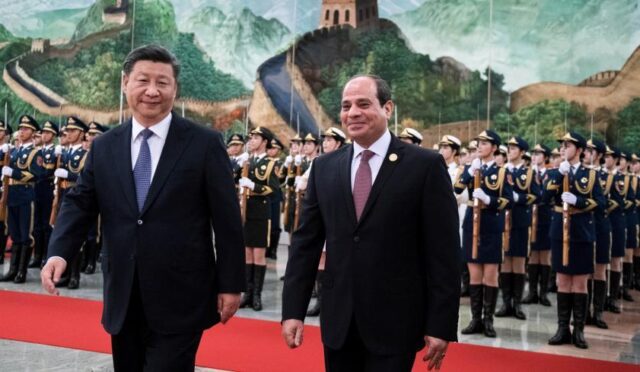Germany’s Historic Defense Spending Surge
Germany’s political landscape shifted dramatically on Friday as conservative leaders announced a landmark deal to significantly increase defense and infrastructure spending. Friedrich Merz, the anticipated leader of Germany’s Christian Democratic Union (CDU), proclaimed that “Germany is back,” signaling a resolute response to evolving geopolitical dynamics across Europe.
This unprecedented move represents a significant departure from Germany’s longstanding hesitance to engage in substantial military spending and accrue debt, a legacy steeped in the nation’s troubled history during World War II.
Coalition Dynamics and Legislative Pathway
Following intensive negotiations, the CDU reached an agreement with the center-left Social Democratic Party (SPD) and the Green Party, whose backing is essential for advancing the proposal through parliament. Merz expressed significant relief, asserting that the agreement sends a definitive message to both allies and adversaries regarding Germany’s readiness to defend itself.
The proposed reforms, expected to be voted on by parliament soon, include plans to exempt defense spending exceeding one percent of GDP from constitutional borrowing limits, known as the “debt brake.” This exemption not only eases financial constraints but also opens the door for a dedicated 500 billion euro special fund aimed at crucial infrastructure projects.
Increased Military Budget and Infrastructure Investment
Berlin has been under mounting pressure to address the chronic underfunding of its military, especially amid concerns surrounding the reliability of U.S. security assurances under President Trump. The suggested infrastructure investments are pivotal, targeting vital updates needed for Germany’s aging rail systems and bridges. This revitalization effort aims to stimulate the economy and avert a third consecutive year of recession.
However, gaining the Greens’ support is crucial for achieving the parliamentary two-thirds majority needed to amend existing fiscal rules. The Greens had initially expressed reservations, citing insufficient environmental provisions in the spending plan, but Merz’s commitment to allocate 100 billion euros for climate protection initiatives helped bridge the gap.
A Balanced Approach to Security and Environment
The Greens responded optimistically, noting that the additional funds for environmental initiatives represent a needed step forward. Brita Hasselmann, co-leader of the Greens in parliament, highlighted the urgent necessity of enhancing military capabilities while supporting national security. “Better equipping our military is non-negotiable in the current global climate,” she stated.
The refined proposals also extend spending exemptions to intelligence operations and assistance for nations facing illegal aggression, showcasing a comprehensive approach to the overall security framework.
Political Context and Future Implications
This ambitious plan marks a notable victory for the SPD, which has traditionally advocated for increased public investment, particularly under the leadership of outgoing Chancellor Olaf Scholz. Nonetheless, previous disputes over funding mechanisms and the scope of the debt brake reforms contributed to the downfall of Scholz’s three-party coalition last November, paving the way for the recent elections.
The potential passing of these reforms on Tuesday could symbolize a crucial turning point for Germany’s defense posture and fiscal policy, as emphasized by SPD parliamentary leader Lars Klingbeil, who referred to it as a “liberating moment” for the nation.







